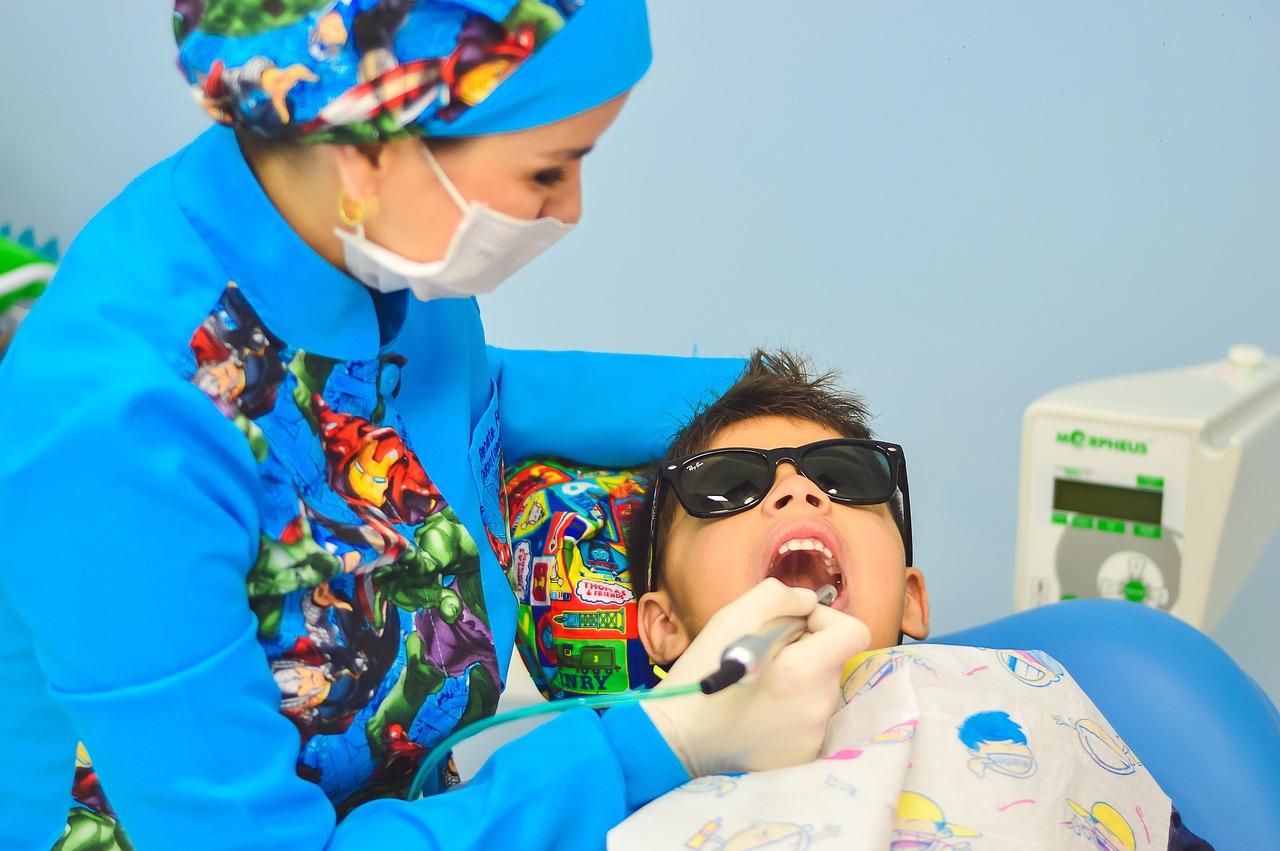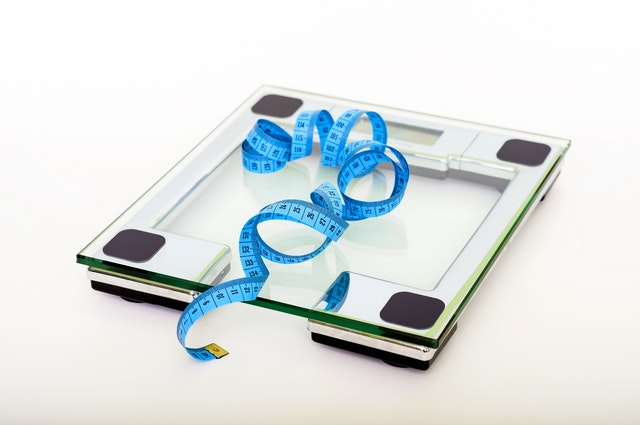Deciding when to start orthodontic treatment for your child can be a challenging decision. This article aims to outline four essential factors to consider when determining if your child needs braces or Invisalign. By understanding the importance of dental development, skeletal maturity, oral health factors, and the severity of the orthodontic condition, parents can make informed choices about the optimal timing for orthodontic intervention. For more information, you can find the best Dentist Family SE Calgary or in your location so that you and your loved ones can receive quality dental care tailored to your unique needs.
Dental Development Stage
 The stage of dental development plays a crucial role in determining the right time for orthodontic treatment. Orthodontic evaluation is recommended by the American Association of Orthodontists (AAO) at around age seven, as this is when the permanent teeth start erupting. Early evaluation allows orthodontists to identify any emerging issues and plan the most suitable treatment approach. During this evaluation, orthodontists assess factors such as tooth alignment, crowding, spacing, and bite problems.
The stage of dental development plays a crucial role in determining the right time for orthodontic treatment. Orthodontic evaluation is recommended by the American Association of Orthodontists (AAO) at around age seven, as this is when the permanent teeth start erupting. Early evaluation allows orthodontists to identify any emerging issues and plan the most suitable treatment approach. During this evaluation, orthodontists assess factors such as tooth alignment, crowding, spacing, and bite problems.
Skeletal Maturity
Understanding your child’s skeletal maturity is vital in determining the optimal time for orthodontic treatment. Bone growth plays a significant role in achieving stable and long-lasting results. While teeth can be moved at any age, orthodontic appliances that utilize growth patterns are most effective during active growth phases. Orthodontists use various diagnostic tools, such as X-rays and hand-wrist radiographs, to assess skeletal maturity.
Oral Health Factors
Before initiating orthodontic treatment, it is essential to ensure that your child’s oral health is in good condition. Decaying teeth, gum disease, or unresolved dental issues can interfere with the success of orthodontic treatment and may need to be addressed prior to starting braces or Invisalign. Orthodontists will conduct a thorough examination to assess any existing tooth decay, gum inflammation, or other oral health concerns.
Severity of the Orthodontic Condition
 The severity of your child’s orthodontic condition is a significant factor in determining the timing of treatment. Some orthodontic issues, such as severe crowding or misalignment, require early intervention to prevent further complications. Other conditions may be better suited for treatment in adolescence when more permanent teeth have erupted. Orthodontists will evaluate the specific orthodontic problem your child is facing and assess the impact it may have on their oral health, speech, chewing function, and self-esteem.
The severity of your child’s orthodontic condition is a significant factor in determining the timing of treatment. Some orthodontic issues, such as severe crowding or misalignment, require early intervention to prevent further complications. Other conditions may be better suited for treatment in adolescence when more permanent teeth have erupted. Orthodontists will evaluate the specific orthodontic problem your child is facing and assess the impact it may have on their oral health, speech, chewing function, and self-esteem.
Determining the right time for orthodontic treatment can be complex, but considering factors such as dental development, skeletal maturity, oral health factors, and the severity of the orthodontic condition can assist parents in making informed decisions.…



 The first thing you can do to prevent hemorrhoid flare-ups is to change your diet. Eating a high-fiber diet can help reduce the chances of developing Hemorrhoids, as it helps keep regular. Consuming foods like beans, berries, citrus fruits, apples, and whole grains will help ensure you get the recommended amount of dietary fiber each day. Additionally, drinking plenty of water can help keep your stools easy to pass. Which is why you should think of adding more fiber and water to your diet if you are prone to hemorrhoid flare-ups.
The first thing you can do to prevent hemorrhoid flare-ups is to change your diet. Eating a high-fiber diet can help reduce the chances of developing Hemorrhoids, as it helps keep regular. Consuming foods like beans, berries, citrus fruits, apples, and whole grains will help ensure you get the recommended amount of dietary fiber each day. Additionally, drinking plenty of water can help keep your stools easy to pass. Which is why you should think of adding more fiber and water to your diet if you are prone to hemorrhoid flare-ups.


